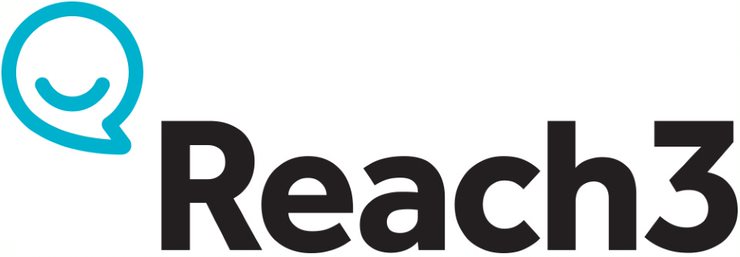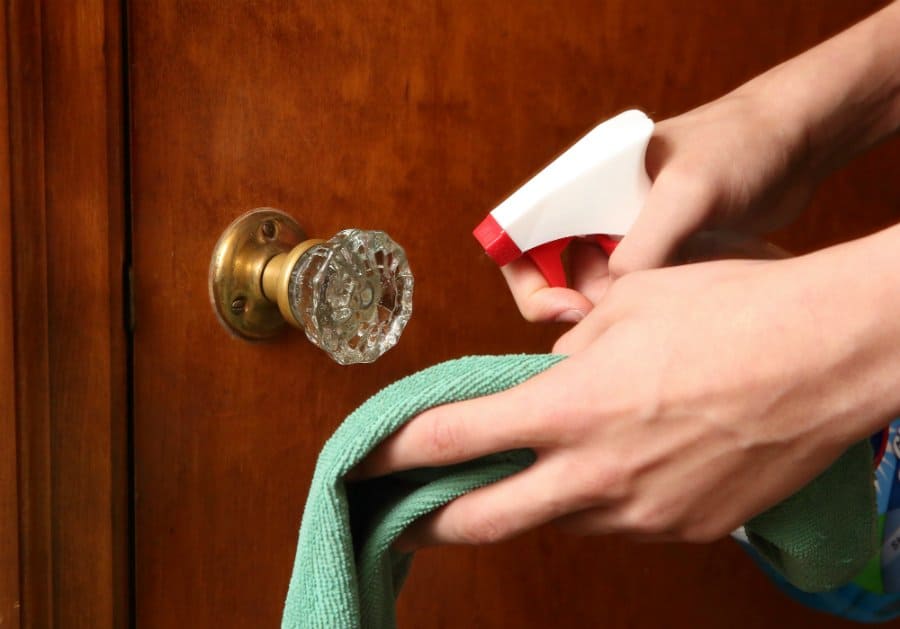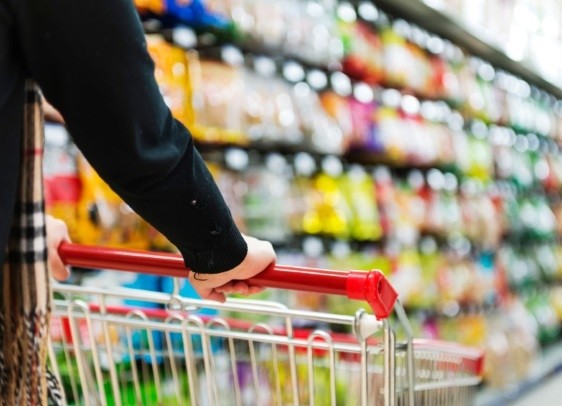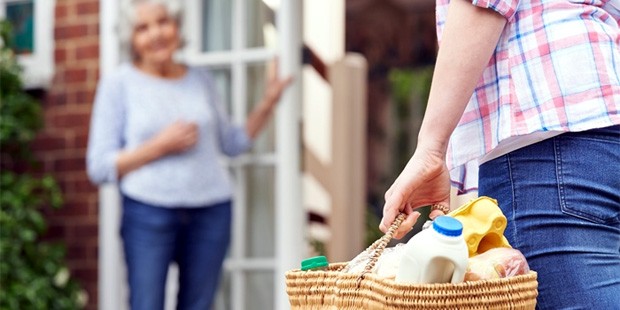Consumer Closeness
in the Age of Social Distancing
Week of April 12th: New “Normal”

The holiday mood helped lift American spirits, with many figuring out creative ways to celebrate occasions while abiding by social distancing
%
Relaxed ?♀️
%
Stressed/Worried ?
%
Bored ?
%
Optimistic ?
%
Peaceful ?♂️
%
Increase in overall positive emotions, compared to prior week
People are adapting their celebrations and special occasions to work with the new “norms” of social distancing
- Celebrate only with those I am social distancing/isolating with 51%
- Find creative ways to celebrate 25%
- Celebrate alone 16%
- Proceed as planned – COVID-19 can’t stop me! 3%
- Cancel celebrations 20%
- Postpone until I can celebrate “normally” 16%
Top occasions people have celebrated/plan to celebrate differently during COVID-19
- Holidays 66%
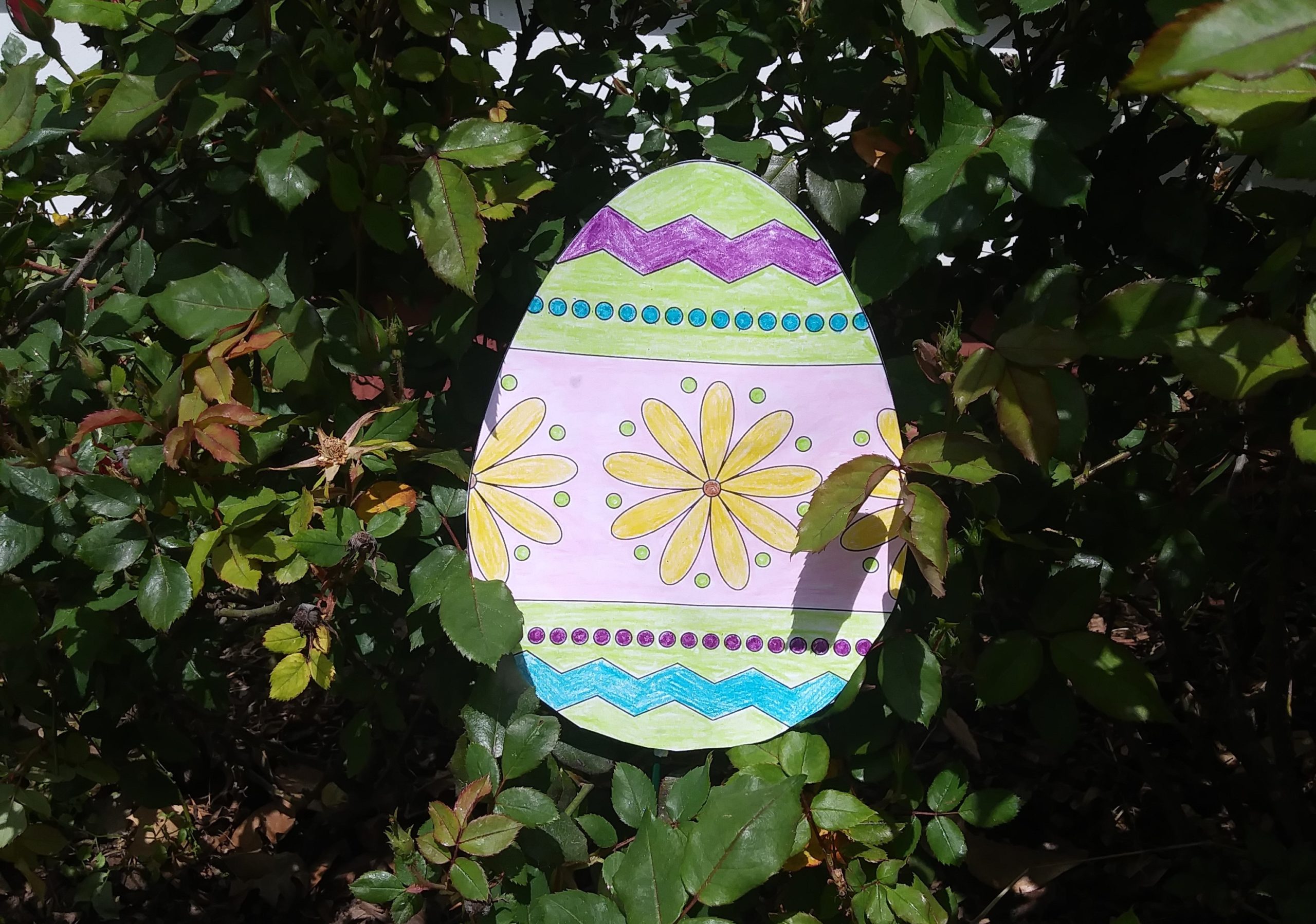
- Birthdays 50%
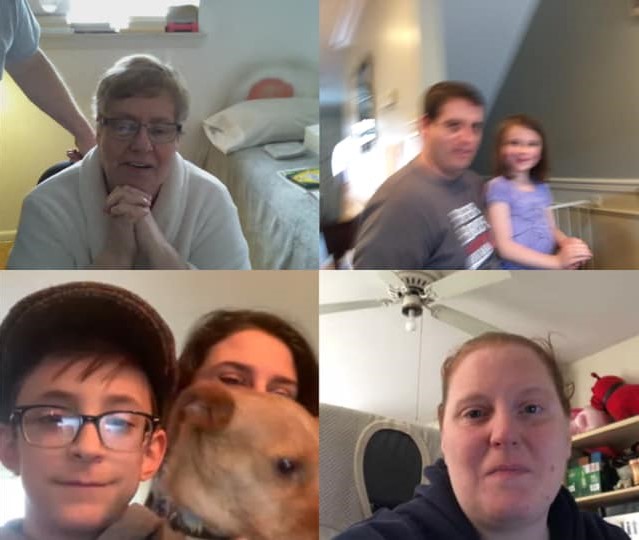
- Anniversaries 17%

*These photos have been submitted by members of our COVID community
Other: Religious milestones (12%), Family reunions (8%), Weddings (7%), Graduation parties (4%), Baby showers (4%), Bachelor/ette parties (2%)
Still, most are anticipating being in this situation for the long haul and have their worries about life after COVID-19
- A few weeks (end of April, early May) 6%
- A month or two (May or June) 24%
- Three to six months (July to Sept) 33%
- Six months to a year (Oct to next April) 18%
- More than a year 6%
- I don’t know that we’ll ever be back to normal 13%
Reactions to CDC allowing businesses to open
%
Would be HESITANT about visiting public establishments such as restaurants, gyms, etc. and might not go back to normal 'right away'
Concerns span from medical, to economic, and social repurcussions of the current situation
Despite their concerns, people are learning from this experience and are trying to be optimistic about the future
Americans are thinking about how their behaviors will change going forward as a result of what they’ve learned from this experience so far
Expected changes in behavior after the crisis vs. before:
Savings ?
%
Would focus more on saving/budgeting
No change: 45%
Payment ?
%
Would use no-contact payment methods more
No change: 59%
Shopping ?
%
Would shop online more
No change: 60%
Work ?
%
Would work from home more often
No change: 49%
%
Plan to continue the new habits, behaviors, and routines they've picked up after the crisis is over
%
Feel that when this crisis is over, there will be a new normal and this WILL have a lasting impact on society
Many are trying to look on the bright side of this ‘new normal’
Catch up on past reports: Click here.
A word on our approach
This research is not just another COVID-19 survey. This study was conducted using immersive mobile messaging-based conversational exercises that capture robust quant data and emotive qual inputs in real-time from our mobile COVID-19 community members in one seamless experience. Take a look at the video to see a demo of how our technology works…
Fine Print:
Field dates 4/10-4/13, Base: n=477
Curious to know more?
Email marketing@reach3insights.com or
use the Contact button below.

www.reach3insights.com
info@reach3insights.com // SMS: (833) 4Reach3 // Phone: (833) 4Reach3
